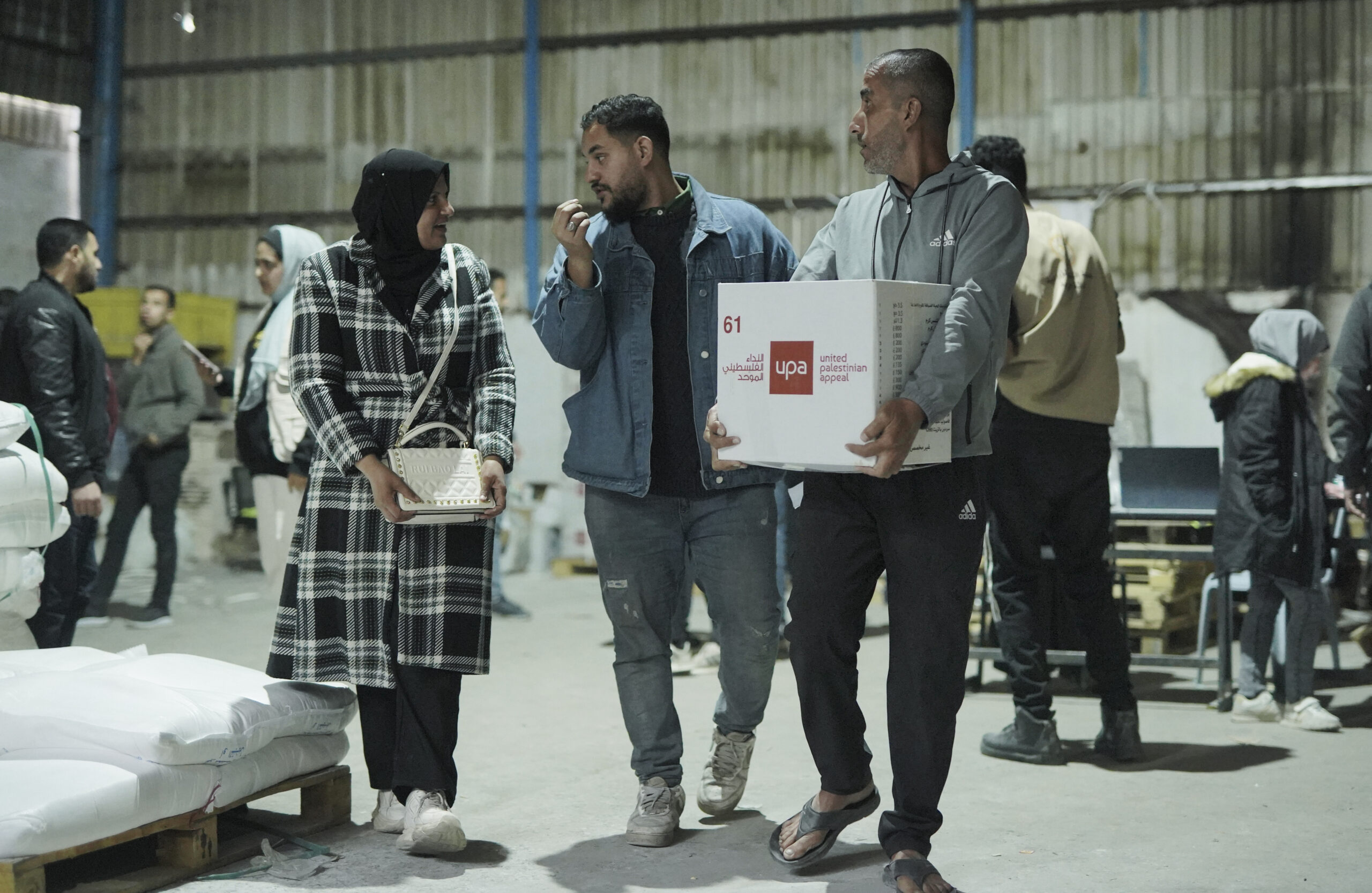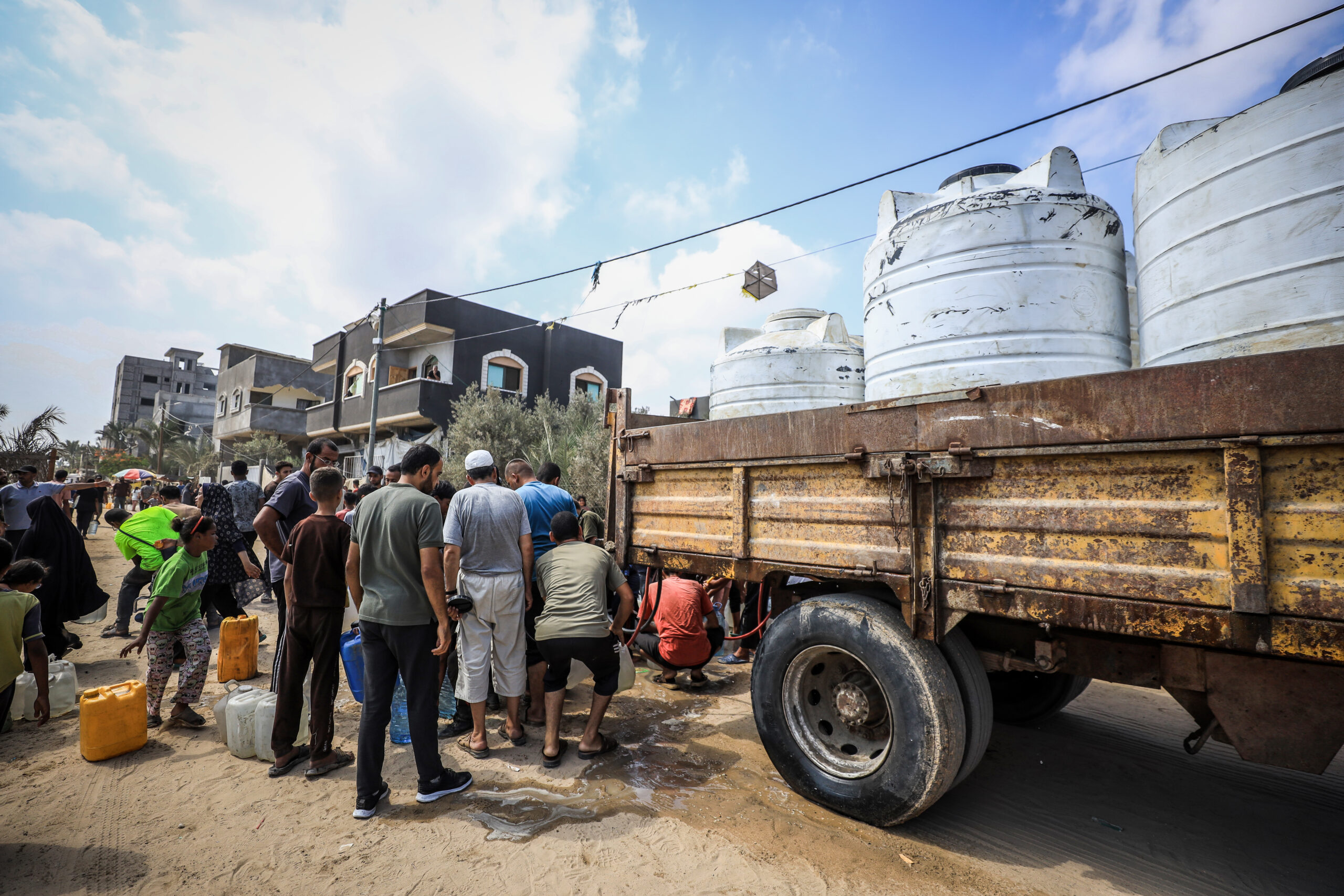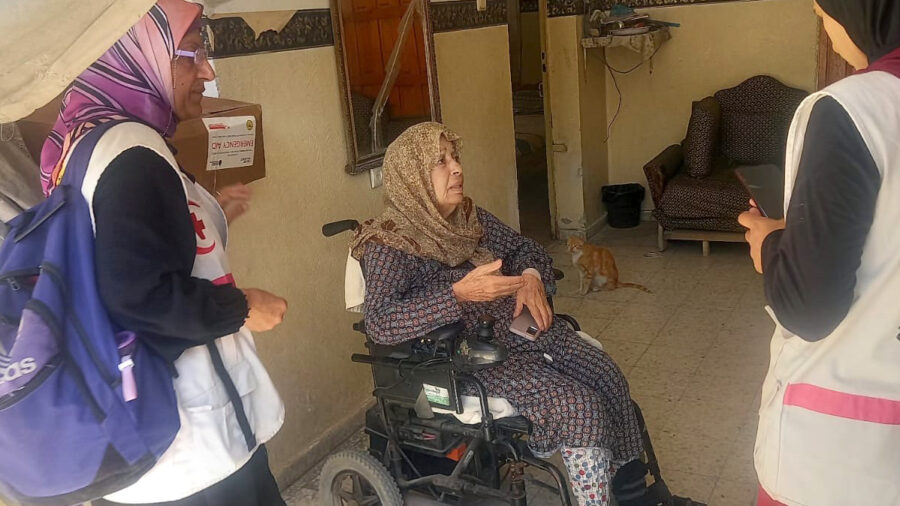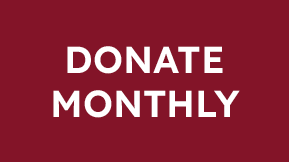Delivering Aid in Gaza: UPA’s Commitment Despite Growing Challenges
The United Nations’ largest agency supporting Palestinian Refugees has recently announced that it has suspended aid deliveries through Gaza’s main crossing points due to escalating safety concerns exacerbated and sustained by the Israeli army’s negligence towards organized crime.
Over 53% of Water Facilities in Gaza Are Destroyed by Israeli Attacks
Since October 7, more than half of Gaza’s essential water facilities have been severely damaged or destroyed, leading to an unprecedented humanitarian crisis.
What Israel Banned in Gaza Before October 7
Long before the current genocide in Gaza, Israel’s blockade and restrictions had imposed severe limitations on daily life, impacting everything from access to essential goods to fundamental freedoms.
Since 2007, the blockade has shaped nearly every facet of life in Gaza, restricting movement, commerce, education, and even the availability of basic materials and services. Here are some of the most critical items and freedoms that have been systematically denied to the people of Gaza under Israel’s blockade:
- Medical Supplies and Equipment
Hospitals and clinics in Gaza have long faced critical shortages of essential medical supplies, including medicines, surgical equipment, and basic healthcare tools. Restrictions have severely limited Gaza’s ability to import life-saving equipment, and access to specialized treatments outside Gaza was often denied. This left Gaza’s health sector under immense strain, unable to adequately treat chronic illnesses, emergency cases, or provide critical surgeries.
- Building Materials
Concrete, steel, and other construction materials necessary for rebuilding homes, schools, and infrastructure were heavily restricted. Despite periodic allowances, Israel imposed restrictions on what materials could enter Gaza, claiming that these supplies could be used for military purposes. As a result, rebuilding efforts were slow, leaving many families to live in damaged homes and affecting Gaza’s overall infrastructure, including schools and hospitals.
- Educational Materials and Technology
Essential educational supplies—like books, paper, lab equipment, and computers—were also restricted, hindering Gaza’s already fragile education system. Teachers and students alike faced a shortage of supplies, with Israel’s restrictions creating barriers to quality education, especially in technical fields where access to up-to-date equipment was crucial.
- Agricultural Inputs and Fishing Equipment
Gaza’s agriculture and fishing industries were severely affected, with restrictions placed on items like fertilizers, animal feed, and even fishing nets. These limitations prevented local farmers and fishermen from making a living and impacted Gaza’s food security. Fishing, once a mainstay of Gaza’s economy, was often restricted to a few miles off the coast, reducing fish availability and income for fishing families.
- Fuel and Electricity
Access to regular fuel and electricity shortages have always been a struggle in Gaza. Fuel restrictions affect everything from powering hospitals to water treatment plants, while electricity shortages meant families often went without power for up to 20 hours a day. The limited access to has also directly impacted Gaza’s clean water supply, as desalination and water treatment facilities depend on a consistent power supply to function.
- Movement of People and Goods
Freedom of movement, both in and out of Gaza, was heavily restricted. Palestinians require permits to enter Israel, often denied, even for medical emergencies or family reunifications. Gaza’s economy was further stifled by these restrictions, with most goods either unable to leave Gaza or permitted only in certain quantities and types, curtailing business opportunities and employment.
- Telecommunications and Internet Access
Gaza’s residents have always had limited access to internet and telecommunications infrastructure. Israel controls access to frequencies and hardware, preventing upgrades to high-speed networks leaving Gazans with limited bandwidth, which affects everything from education to healthcare, where options like telemedicine were affected. - Basic Food Items and Household Goods
Periodically, even basic food items, cleaning supplies, and household goods were restricted, leading to widespread shortages and higher prices. Goods that did make it into Gaza were often expensive due to scarcity, which made everyday essentials inaccessible to many families.
These conditions have only worsened due to the ongoing bombardment of Gaza. In the face of the 18-year-long Israeli siege of Gaza and the genocide, we continue our mission to bring essential goods and services to our people on the ground, advocating for their rights to live with dignity and access the basic freedoms and necessities that every human deserves.
One Call Changed Everything: A Woman’s Story from Gaza
For 78-year-old Hind, life in Gaza has been a series of silent struggles. Confined to a wheelchair and living alone in a partially destroyed home, her world was turned upside by the ongoing Israeli genocide of Palestinians in Gaza.
When Amal, UPA’s Regional MEAL Manager, called to follow up on a recent clothing voucher distribution, she expected a routine conversation. What she didn’t expect was to uncover a story that revealed not only a dire need for necessities but also a profound yearning for human connection.
On the other end of the line, Hind’s voice was soft but unwavering. Friends had helped her redeem the clothing voucher, as she couldn’t go out herself. But there was so much more to her situation.
“I don’t have anyone—no children to help me. I can’t walk or get anything on my own. I need adult diapers, medications, and food,” Hind shared. Then, in a quieter tone, she added, “Thank you for calling me. I’m just so happy to have someone to talk to. I’ve lost everything. I wish someone could visit me, even if just to say hello.”
Amal listened closely, moved by Hind’s vulnerability. It was clear that her needs went beyond food and medication—she was suffering from profound isolation. Amal knew that immediate action was needed.
A Lifeline of Support
Without delay, Amal escalated Hind’s case to UPA’s Senior Director of Field Operations, and soon after, UPA’s mobile medical team in Gaza City was dispatched to her home. Although the team typically serves nearby communities, Hind’s disability had left her hidden from their reach—until now.
When the team arrived at her door, they brought adult diapers and a hygiene kit. UPA’s psychosocial workers spent time speaking with Hind, offering her emotional support and the promise of regular weekly visits to ease her isolation. The team is also working to secure the medications Hind desperately needs, alongside plans to deliver a food parcel.
Beyond Essentials: The Power of Human Connection
What started as a routine check-in became a lifeline for Hind. The impact of that single phone call runs deep—not only has Hind been connected to essential resources, but she has also found solace in knowing that she is no longer alone. The promise of regular visits from UPA’s team provides not just practical support, but the human connection she had longed for.
Hind’s story reminds us that, sometimes, the smallest gestures—a call, a visit, a listening ear—can make the most profound difference. UPA remains committed to providing both the tangible essentials and the emotional support needed to uplift the most vulnerable members of the Palestinian community.





